Read on for some of the worst coaching advice we've ever heard.
"Play just one sport."
1 of 10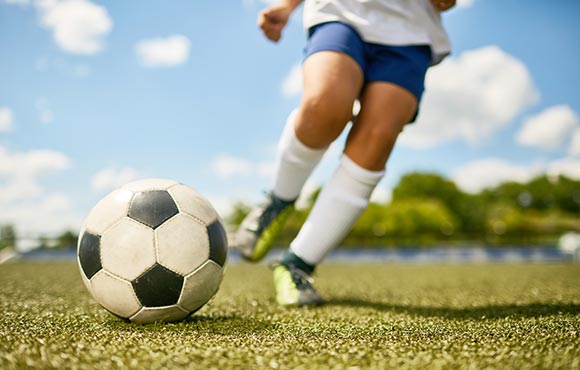
One of the worst pieces of advice a coach can give is to recommend that your child should stick to one sport. Many coaches will say that focusing on a single sport will improve your kid's chances of becoming an elite player, but studies show that single-sport specialization leads to an increased risk of injury and possibly even burn-out.
Mixing multiple sports into your child's calendar throughout the year can help them build more skills and become more well-rounded athletes.
"Focus on winning."
2 of 10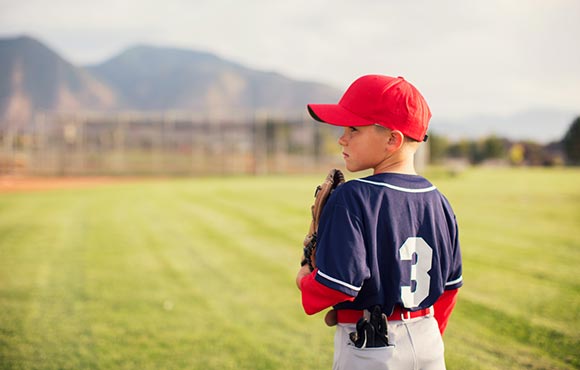
Winning may be part of the game, but that doesn't mean it's the most important part of sports. For children, sports are supposed to be about having fun, learning the rules and developing discipline. Winning is simply the icing on the cake. It shouldn't be the main focus.
Instead of concentrating on winning, coaches should focus on practice and development. Winning in competitions will naturally occur as children become better at the activity.
"Don't drink water during practice."
3 of 10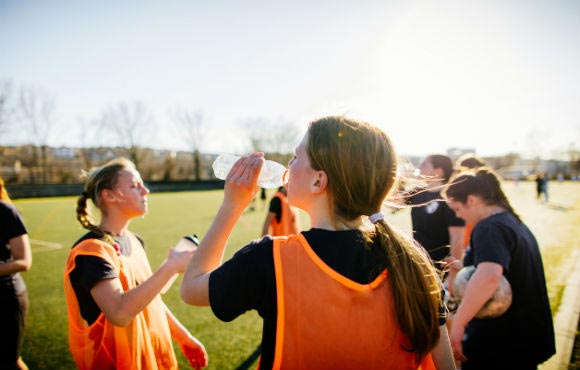
Some coaches recommend that players put aside water during practice and games to keep their athletes from "feeling too heavy" or cramping.
Instead of keeping children from drinking water, which can lead to dehydration, let them drink small amounts slowly instead of large amounts all at once. This helps to keep the body hydrated without causing discomfort during practice or a game.
"Don't eat before practice.
4 of 10
A coach may also recommend that children avoid eating a couple of hours before practice, especially if it's a contact sport. While it's true that players shouldn't eat 30 minutes before a practice or game in order to avoid cramps, it's not necessary to fast for an extended period of time.
Instead, kids can eat a large meal a few hours beforehand and a small snack roughly 30 minutes to one hour before practice or a game. Food is the fuel that allows children to keep playing and maintain their stamina.
"Drink sports beverages."
5 of 10
Advocates of sports beverages argue that physical activities deplete electrolytes and salt levels in the blood. However, the problem is that many sports beverages also contain a large amount of sugar. This can cause an upset stomach or nausea, especially when running is involved. Instead of relying on sports drinks, kids can drink water for hydration and eat food after practice to replenish other nutrients.
"No pain, no gain!"
6 of 10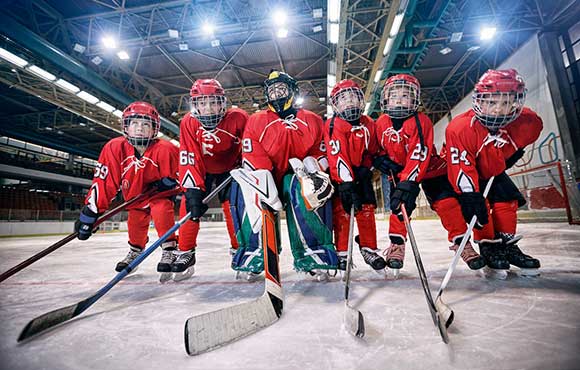
A coach's job is to help children and teenagers improve their skills. However, some coaches may yell at kids from time to time to keep them working hard. While a coach shouldn't allow athletes to slack off, it's also important to recognize when a child has reached his or her physical limits.
If the player needs a break, allow it. If they're in pain or having trouble breathing, they should stop exerting themselves. It's a coach's job to make sure kids get the rest they need.
"If you can run, you can play."
7 of 10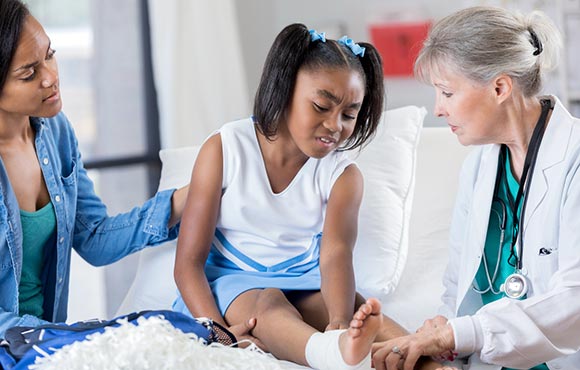
After an illness or an extended time away from practice, a coach may recommend that a child try to catch up by practicing a little longer, a little harder or spending more time working on technique. While this advice sounds good in theory, it doesn't actually help. It can even put unnecessary strain on the body. Kids should avoid playing catch-up after an injury and focus simply on doing their best.
"Just have fun!"
8 of 10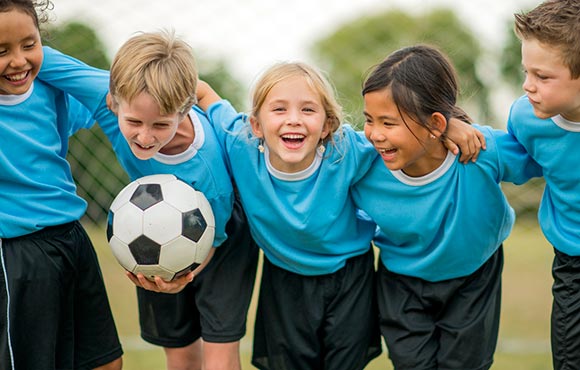
Sports should offer a balance of competition and fun. While a coach shouldn't yell, name-call or otherwise insult players, kids do need to be motivated and encouraged to try their best. Coaches should make sure kids are having fun while also working to improve their skills.
"Don't measure skills or stats."
9 of 10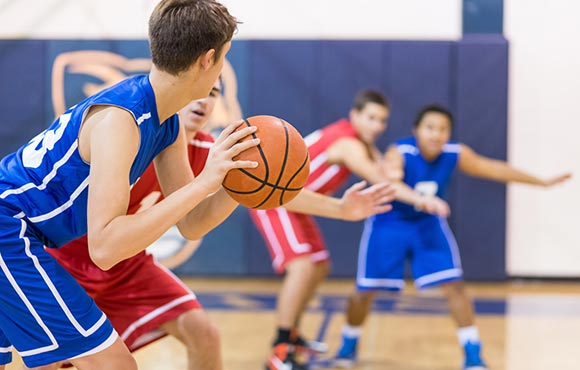
It may not be appropriate to measure a child's skills when he or she is very young, but after a player reaches a competitive age, coaches may start to measure their abilities in order to set realistic goals. A coach who advises parents and players to avoid measuring skills or stats might be holding your child back.

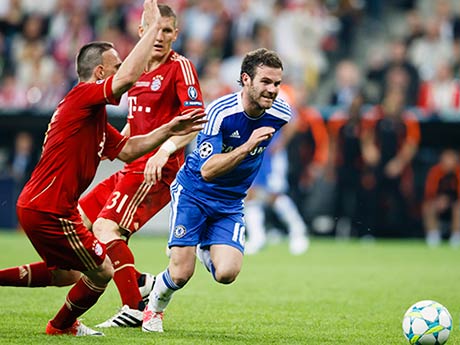

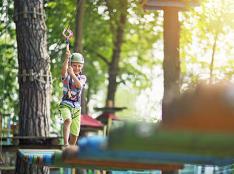



Discuss This Article